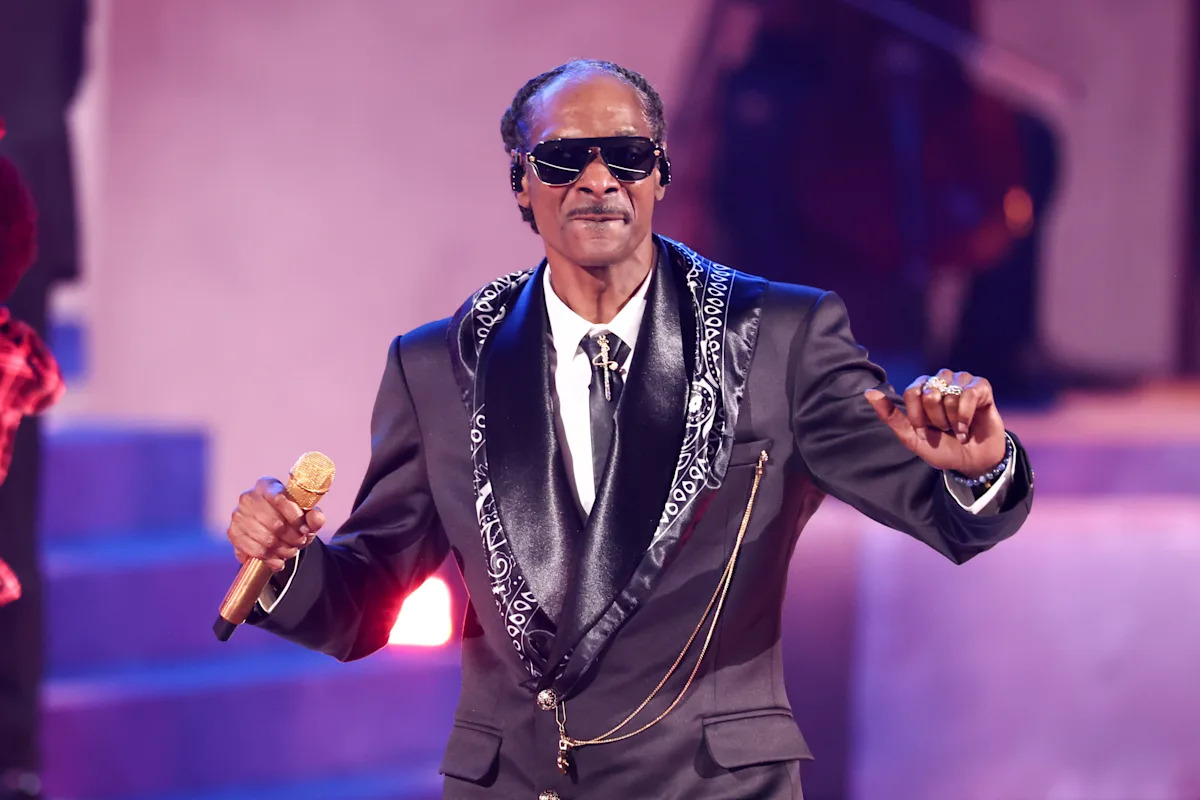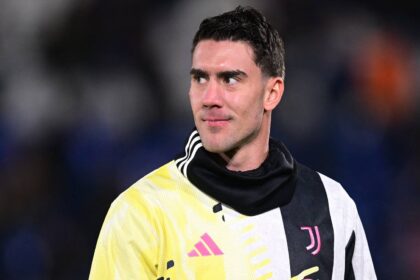Snoop Dogg has become the newest celebrity to join the ownership group of a football club, specifically investing in Swansea City, which is based in Wales. This announcement coincided with the rapper featuring the club’s home jersey for the 2025-26 season on Saturday. On Thursday, he was officially welcomed into the club’s American-owned consortium.
In a statement, Snoop expressed his enthusiasm, saying, "I’ve always loved football, but being part of a club like Swansea City is truly special. The club’s history and its community resonate with me; it represents a hardworking city just like myself, an underdog."
Snoop Dogg, a long-time football enthusiast, has been engaged with the sport for years. He has been regularly seen playing football video games and has represented EA Sports as a brand ambassador since 2012. He has often been spotted wearing jerseys from clubs like Barcelona, Manchester United, and Norwich during his performances.
Swansea City now includes not only Snoop Dogg but also current AC Milan and Croatian star Luka Modric among its ownership group. This development is part of a larger trend of American investments in international football clubs, highlighted by actors Ryan Reynolds and Rob McElhenney’s acquisition of Wrexham in 2020, which led the team to three consecutive promotions to the championship for the first time since 1982.
Other notable figures in football ownership include former NFL quarterback Tom Brady with Birmingham City, and ex-NFL linebacker J.J. Watt with Burnley. Additionally, actors Russell Crowe and Will Ferrell, along with NBA player Larry Nance Jr., are part of the ownership group at Leeds United, among others.
Since 2018, Swansea City has not been in the Premier League, having faced relegation after a seven-year presence in England’s top tier.
Fan Take: This news is significant for soccer fans as it highlights the growing trend of celebrity involvement in football, potentially attracting new audiences and investment to the sport. Snoop Dogg’s presence in Swansea’s ownership could also inspire more diverse fan engagement, making soccer more accessible and relatable to various communities.



